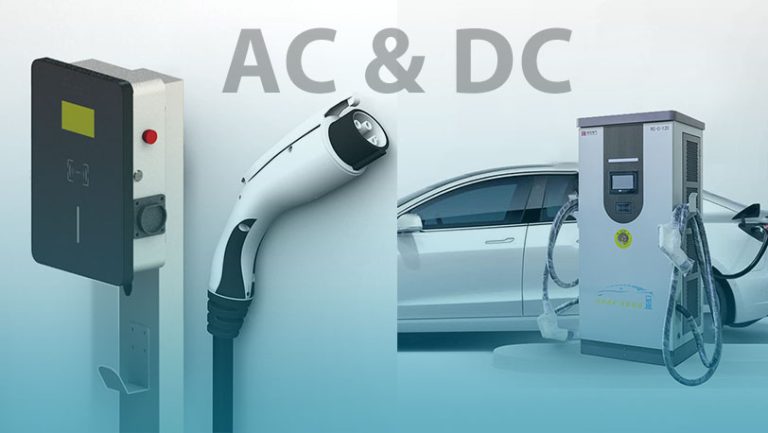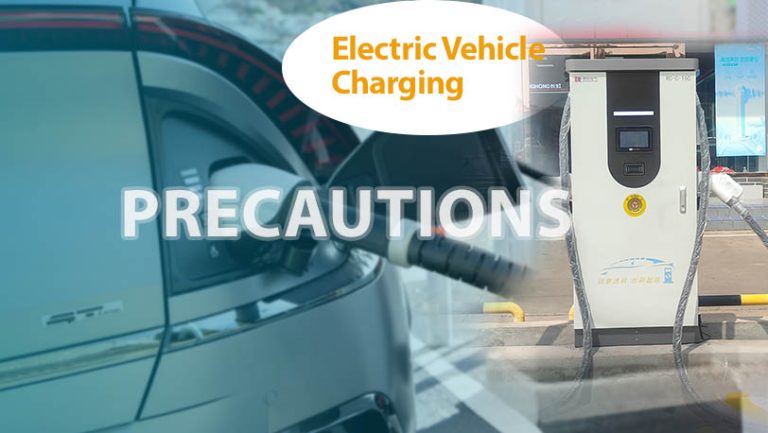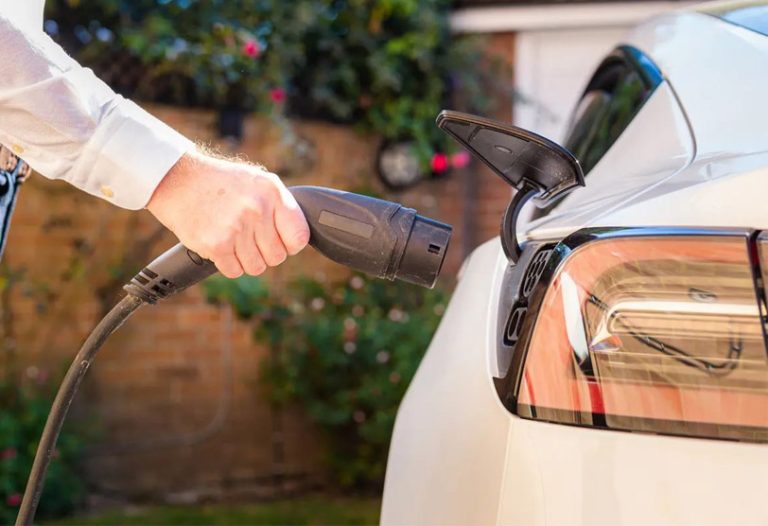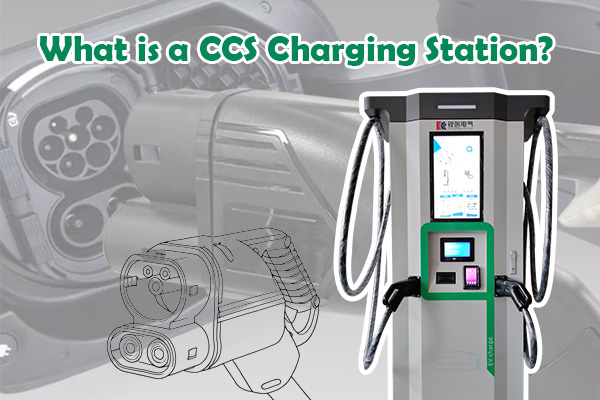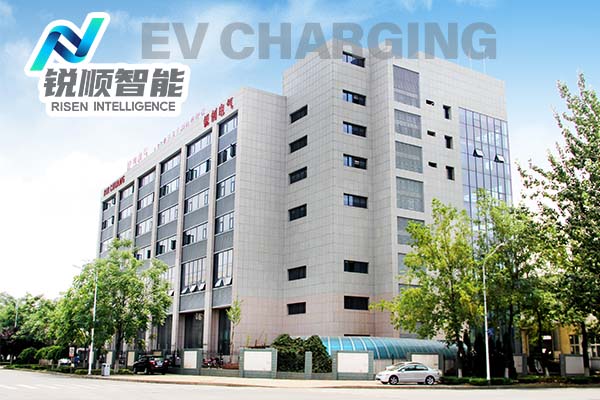The time it takes to charge an electric car at a charging station can vary widely based on a few factors:
1. Type of Charger:
- Level 1 Charger (Standard Outlet): This is the slowest option and typically uses a standard 120-volt household outlet. Charging from empty to full can take anywhere from 8 to 20 hours or more, depending on the car's battery size and the power of the outlet.
- Level 2 Charger (240-volt): This is faster than Level 1 and is commonly found at public charging stations and home installations. It can charge a car in 4 to 10 hours, depending on the car’s battery capacity and the charger's power output.
- DC Fast Charger (Level 3): This is the fastest type of charging and is usually found at public charging stations along highways. It can charge an electric vehicle (EV) from 20% to 80% in about 30 minutes to an hour, depending on the specific charger and the car's charging capabilities.
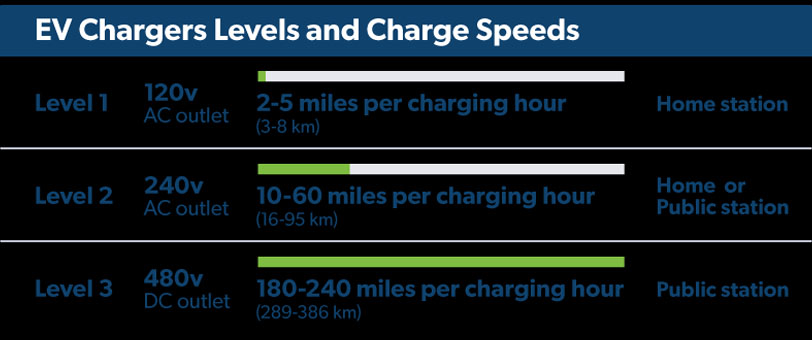
2. Battery Capacity:
The size of the car's battery plays a role in charging time. Larger batteries take longer to charge, though they also typically provide a longer range.
3. State of Charge:
Charging from a low battery (e.g., 10% or 20%) will generally be faster than charging from a higher state of charge (e.g., 80% to 100%), especially with fast chargers, which often taper off charging speed as the battery approaches full capacity.
4. Charger Power Output:
he power output of the charging station can vary. For example, Level 2 chargers can range from 3.3 kW to 22 kW, and DC fast chargers can provide power from 50 kW to over 350 kW.
5. Vehicle’s Charging Rate:
The maximum charging rate the vehicle can handle also affects how long it will take. Some cars are capable of higher charging rates and can take advantage of faster chargers.



